 Being a homeowner has many benefits. Homeowners can decorate as they wish, own pets without a hassle, gain a tax deduction, and begin to build wealth as they pay off their mortgage and the home increases in value. For many people, however, coming up with a down payment is a significant hurdle. The hurdle, however, can be overcome. Here are some down payment options that can help homebuyers get the keys to their new purchase.
Being a homeowner has many benefits. Homeowners can decorate as they wish, own pets without a hassle, gain a tax deduction, and begin to build wealth as they pay off their mortgage and the home increases in value. For many people, however, coming up with a down payment is a significant hurdle. The hurdle, however, can be overcome. Here are some down payment options that can help homebuyers get the keys to their new purchase.
For informational purposes only. Always consult with a licensed mortgage or home loan professional before proceeding with any real estate transaction.
Zero and Low-Down-Payment Loans
Some loans require no down payment or minimal down payments. Examples include:
- VA loans, backed by the U.S. Department of Veteran's Affairs and available to qualifying veterans. Many VA loans don't require a down payment at all.
- Single-family housing loans, backed by the USDA and available for homes in certain rural areas and certain borrowers.
- FHA loans, backed by the Federal Housing Administration and requiring only a 3.5% down payment for qualifying homes and borrowers.
- Some conventional loans (and loans not federally backed) allow borrowers with excellent credit to pay 0–3.5% down.
A potential drawback is that the lower the down payment, the higher the monthly mortgage payment. Also, in some cases, borrowers with a down payment of less than 20% have to pay private mortgage insurance or simultaneously take out a mortgage for 80% of the value of the home and a second mortgage at a slightly higher rate for the remainder.
State and Local Down-Payment Assistance Programs
Many state and local governments and some nonprofit agencies offer grants or zero-interest loans to first-time buyers for down payments. Some programs are geographically based, while others are not. You can find them through your county or state or by doing an Internet search.
Sign Up for free Get the first to receive the latest listing updates, save favorites & much more by signing up.
If you already have in account, SIGN IN.
Gifts from Family
Family members may be willing to give money toward a down payment. The IRS limits the amount they can give without tax consequences; for 2021, the amount was $15,000 per person. Each parent could give up to $15,000 without tax consequences to one individual; if the individual is married, they each could give $15,000 to each of you, for a total of $60,000.
A potential downside to this strategy is that lenders may consider borrowers who put up none of their own money to be at greater risk of default than those who do. The best strategy is to use family gifts for some of the down payment while putting up some of your own money.
Crowdfunding
Websites such as HomeFundIt work similarly to a gift registry and allow you to sign up, share your story, and raise money toward your goal. Feather The Nest is aimed at engaged couples; HomeFundIt is for those who have been approved for a mortgage by CMG Financial. HomeFundIt sometimes offers matching funds, up to a certain amount, for first-time buyers. If using a crowdfunding strategy, watch out for fees that can affect the amount of the donation you actually receive.
Retirement Account Withdrawals
The rules for taking money out of retirement accounts to fund down payments vary by account. For example, employer-sponsored 401Ks and 403Bs often allow for withdrawals to buy a home, but borrowers younger than 59 1/2 may have to pay an additional 10% tax penalty on withdrawals. Traditional IRAs allow individuals to withdraw up to $10,000 for a home down payment. They'll pay taxes, but no additional penalty. If a person has had a Roth IRA for five years, they can withdraw from that without penalty for buying their first home. The drawback is that they'll lose ground on saving for retirement.
If you're seeking to buy a home and have trouble saving enough for the down payment, these options may help you. Talk with a financial adviser about which is best for you.
For informational purposes only. Always consult with a licensed mortgage or home loan professional before proceeding with any real estate transaction.

Leave A Comment